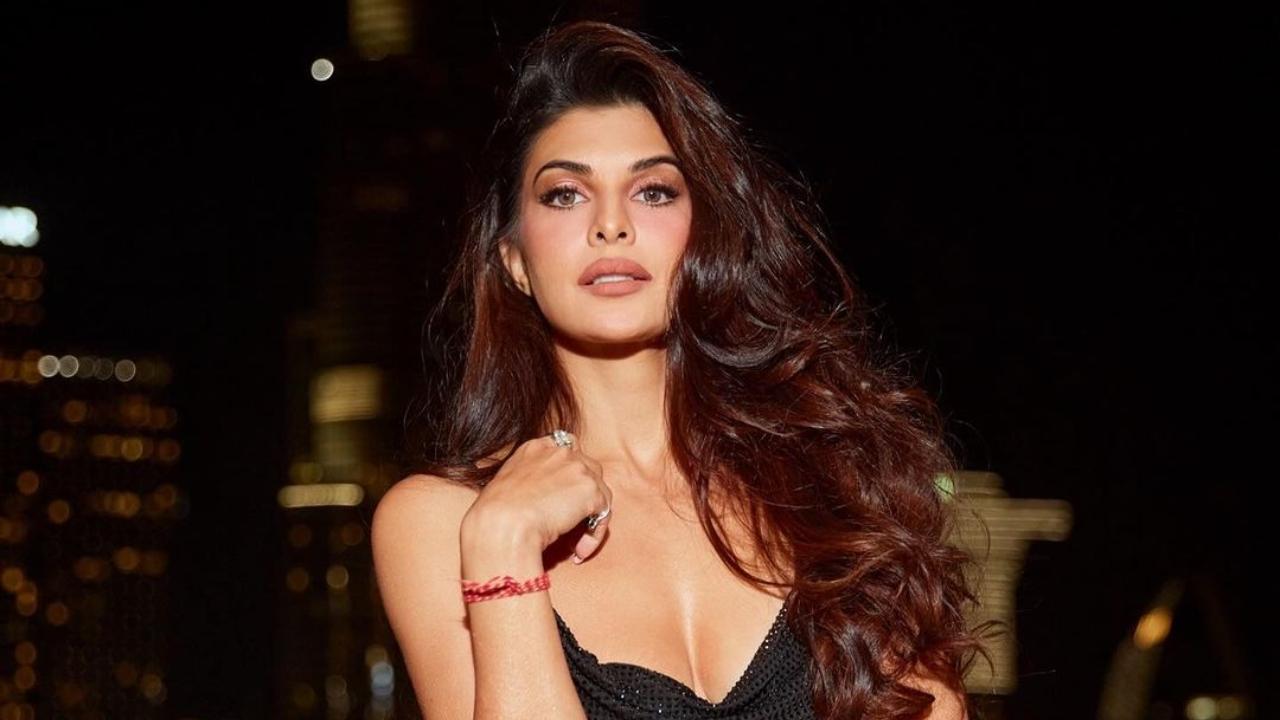
New Delhi: The latest season of the popular reality show Bigg Boss has found itself mired in controversy following the introduction of an unexpected contestant: a donkey named Gadhraj. Marketed by the show’s producers as a daring social experiment, Gadhraj’s presence in the Bigg Boss house quickly drew the ire of animal rights organizations and sparked widespread public debate over the ethics of involving an animal in such a format.
Gadhraj was introduced as the 19th contestant, bringing a wave of curiosity and confusion among the show’s viewers and participants alike. The rationale behind including Gadhraj remained shrouded in mystery, sparking questions from fans and critics concerning the ethics and motivations behind such a move. However, it was the voices of animal rights groups, particularly PETA (People for the Ethical Treatment of Animals) and PFA (People for Animals), that rang the loudest.
Both organizations rapidly intervened, vocally condemning the decision to feature Gadhraj on Bigg Boss. They raised significant concerns regarding the donkey’s treatment, underscoring the adverse conditions Gadhraj was reportedly exposed to within the Bigg Boss house. The uproar intensified after PFA shared a critical post on Instagram, revealing that Gadhraj was being kept in “distressing conditions,” tied and locked up on a tiled floor at all times for mere entertainment purposes. The post urged the public to join the call for Bigg Boss to remove, release, and rehabilitate Gadhraj to a safer environment.
The response to PFA’s post was immediate and significant, provoking public fury and calls for Gadhraj’s immediate exit from the show. The issue snowballed across social media platforms, engaging the audience and animal rights advocates in a heated discourse about the choices made by Bigg Boss producers.
Facing rising public criticism and advocacy pressure, Bigg Boss host Salman Khan announced during the Sunday episode that Gadhraj would be the first contestant evicted from the show.
. Originally brought into the house by contestant Gunaratna as a supposed light-hearted twist, Gadhraj’s presence and subsequent removal have since become a focal point of this season.
PETA took to Instagram to confirm the eviction of Gadhraj, celebrating the decision with a post stating, “‘Bigg Boss’ Releases Donkey Max After Hearing From PETA India, Others.” This development highlighted the effective influence of public advocacy on the decision-making processes of high-profile television shows, showcasing the power of organized criticism and the reach of social media campaigns.
Colors TV, the network airing Bigg Boss, expressed their acknowledgement of the controversy and the decision to evict Gadhraj via X (formerly Twitter). The network tweeted, “The audience and Bigg Boss house will miss Gadhraj,” ultimately recognizing the stir that the donkey’s presence had provoked among viewers and participants within the house.
The episode of Gadhraj’s eviction marked a pivotal moment in the current season of Bigg Boss, as the remaining contestants have been declared safe from eviction for the week. The incident has added a layer of social commentary to the series, prompting discussions on ethical boundaries in reality television and sparking further debates about animal rights in entertainment settings.
This situation serves as a reminder of the responsibilities media outlets carry in representing animal welfare issues. Both PETA and PFA have emerged as strong voices in this discourse, demonstrating their commitment to animal rights and effective advocacy, as seen in the response to the unprecedented inclusion of Gadhraj.
As the spotlight continues to shine on Bigg Boss, the discussions and debates ignited by Gadhraj’s presence will likely have lasting impacts, calling for increased sensitivity and accountability in the entertainment industry. Viewers and critics alike await how the series navigates these challenges and adapts its format to better respect and reflect evolving cultural and ethical standards.










